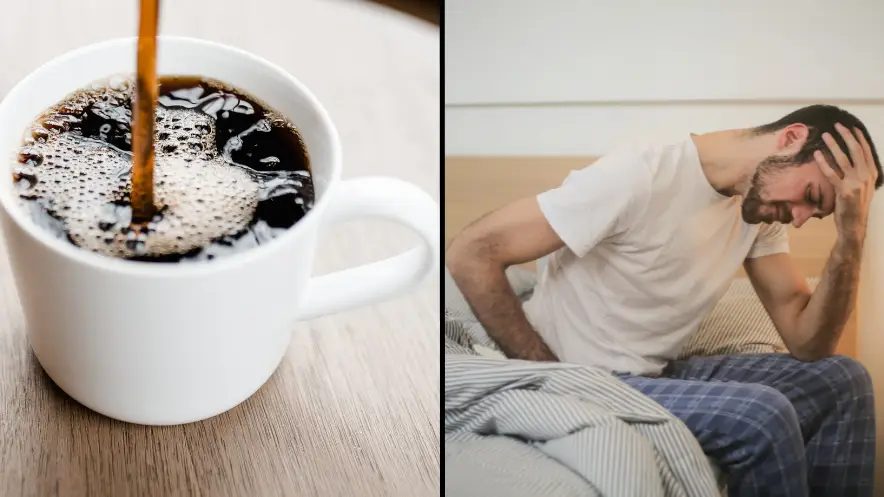
Here's what happens to your body if you decide to quit caffeine completely.
Ah, caffeine. The legal drug which many of us now rely on every few hours to just get through the day.
Whether it be your morning coffee or a Diet Coke, it's hard not to reach for the quick energy fix when your eyes begin to droop.
Advert
We know we're too reliant on it, we've tried to stop, but it's a crutch we've got too used to leaning on.
However, if you were thinking of giving it up, firstly, good on you and secondly, here's some motivation to get you properly started.
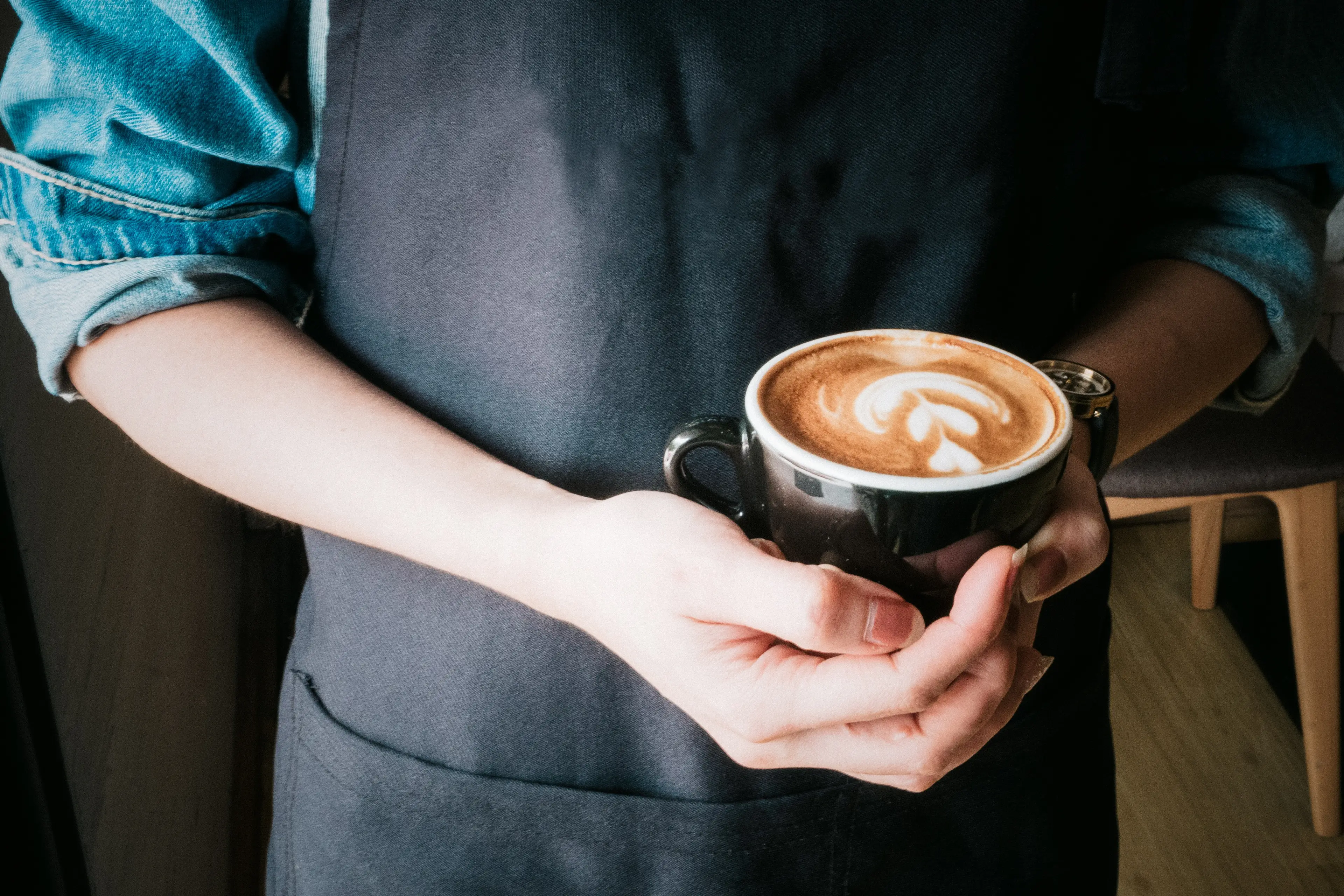
As soon as you quit, your body's not going to see miraculous improvements overnight - you're going to feel worse before you feel better.
You can feel withdrawal symptoms from caffeine even if you only had one cup per day, according to EatingWell, and this can bring on some pretty horrific headaches.
According to EatingWell: "Regular consumption of caffeinated coffee can cause stiffer blood vessels, which result in a decrease in blood flow. When you stop drinking coffee, blood vessels return to their regular size, and may cause headaches temporarily.
"When trying to relieve caffeine withdrawal headaches, just be sure to avoid Excedrin and other headache relief medications that have caffeine in them."
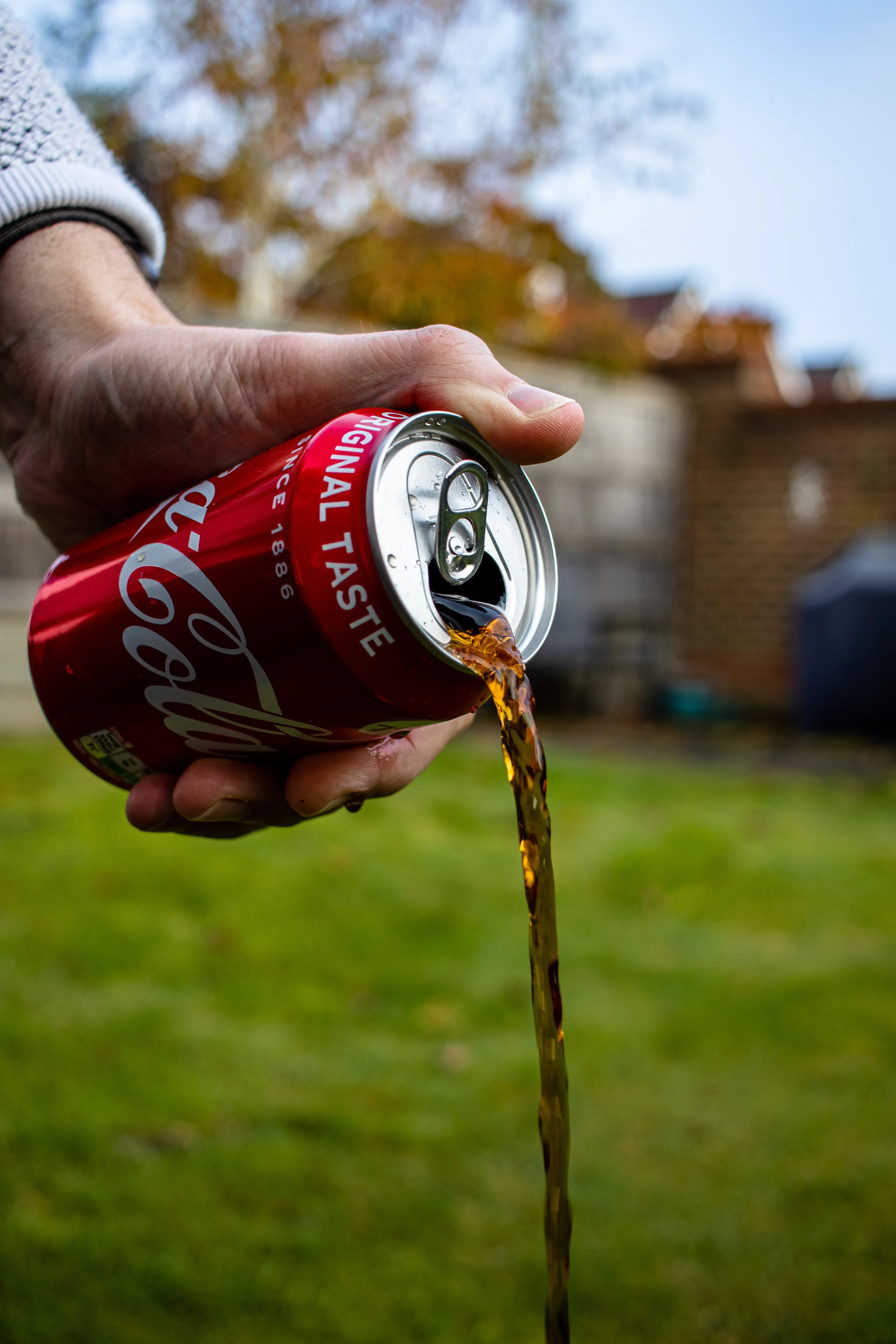
After giving up coffee, you may feel a bit constipated.
"Caffeine in coffee stimulates colon muscle activity and increases pressure in the anus, which increases the urge to poop," Health.com explains.
EatingWell recommends making sure you're eating lots of fibre-packed foods and drinking lots of water to help your bowels get moving again.
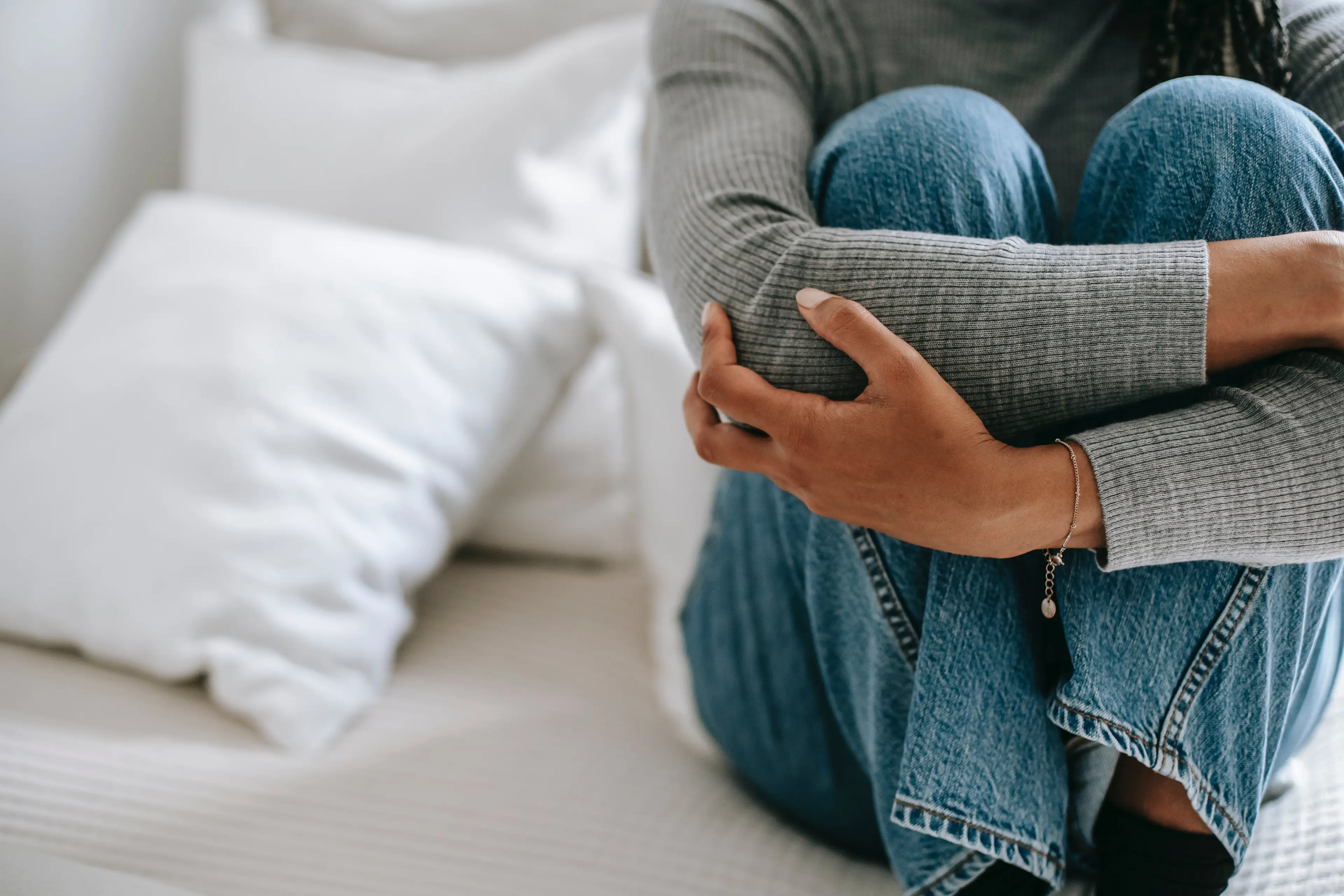
You may also feel more tired if you've made the call to cut caffeine out of your diet.
EatingWell suggests cutting down rather than going cold turkey so your body can adjust to the lack of caffeine it's receiving and you don't experience the side effects - foggy brain, drowsiness - as intensely.
However, fear not, there is a point to all of this and it's not all doom and gloom.
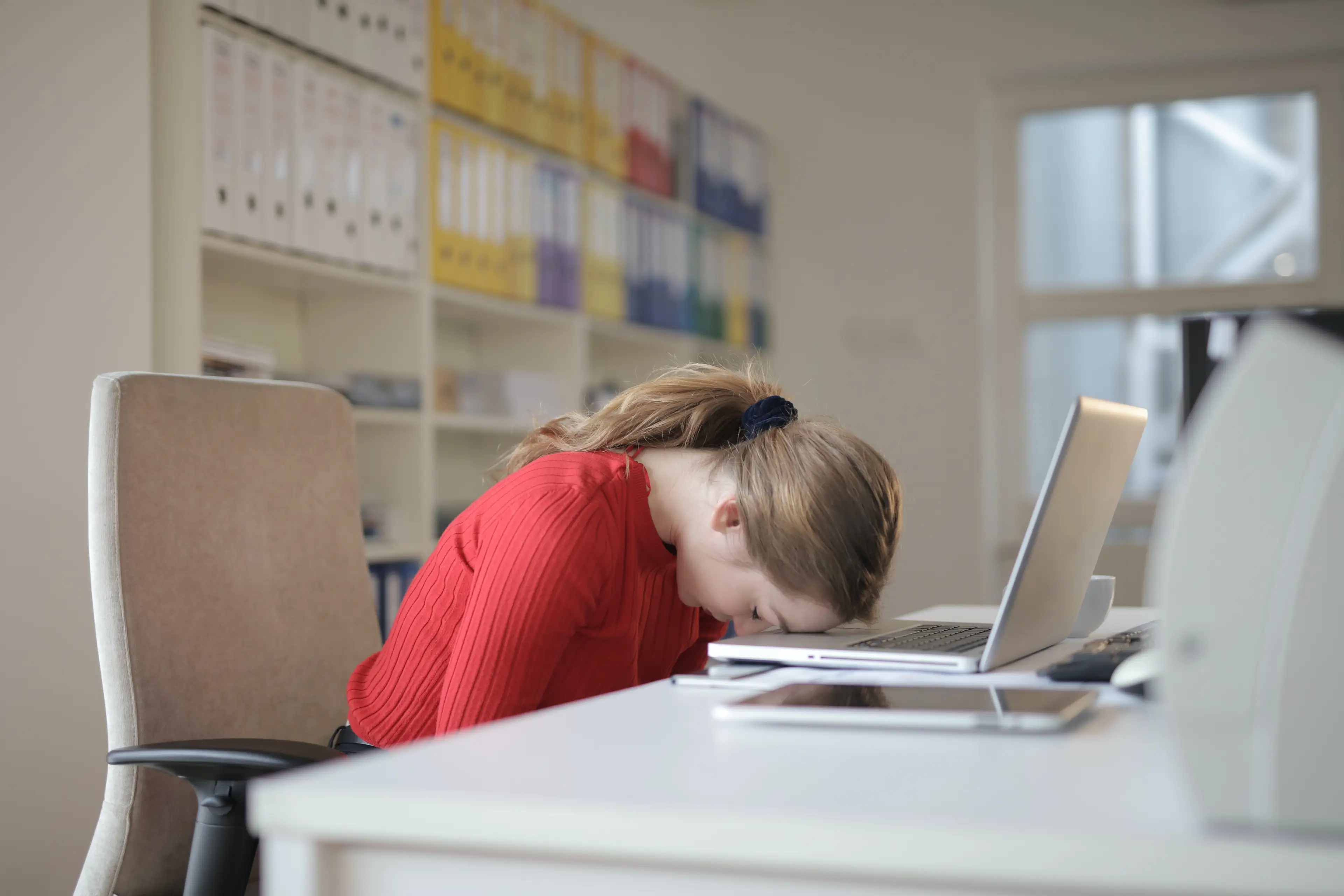
If you give up caffeine your teeth will probably love you for it - no more yellow coffee stains or coffee breath either.
You could also end up feeling a lot more relaxed because too much caffeine can make you jittery.
Giving up coffee could also see you lose a little bit of weight.
"Although plain coffee only has about two calories per cup, it's easy for add-ins to add up, even without ordering a fancy latte or frappuccino from a coffee shop.
"A plain cup of coffee with two tablespoons of heavy cream and two teaspoons of sugar has about 130 calories. Many popular coffee drinks have many more calories. A grande Caramel Macchiato made with 2 percent milk from Starbucks has 250 calories and 33 grams of sugar," EatingWell exemplifies.
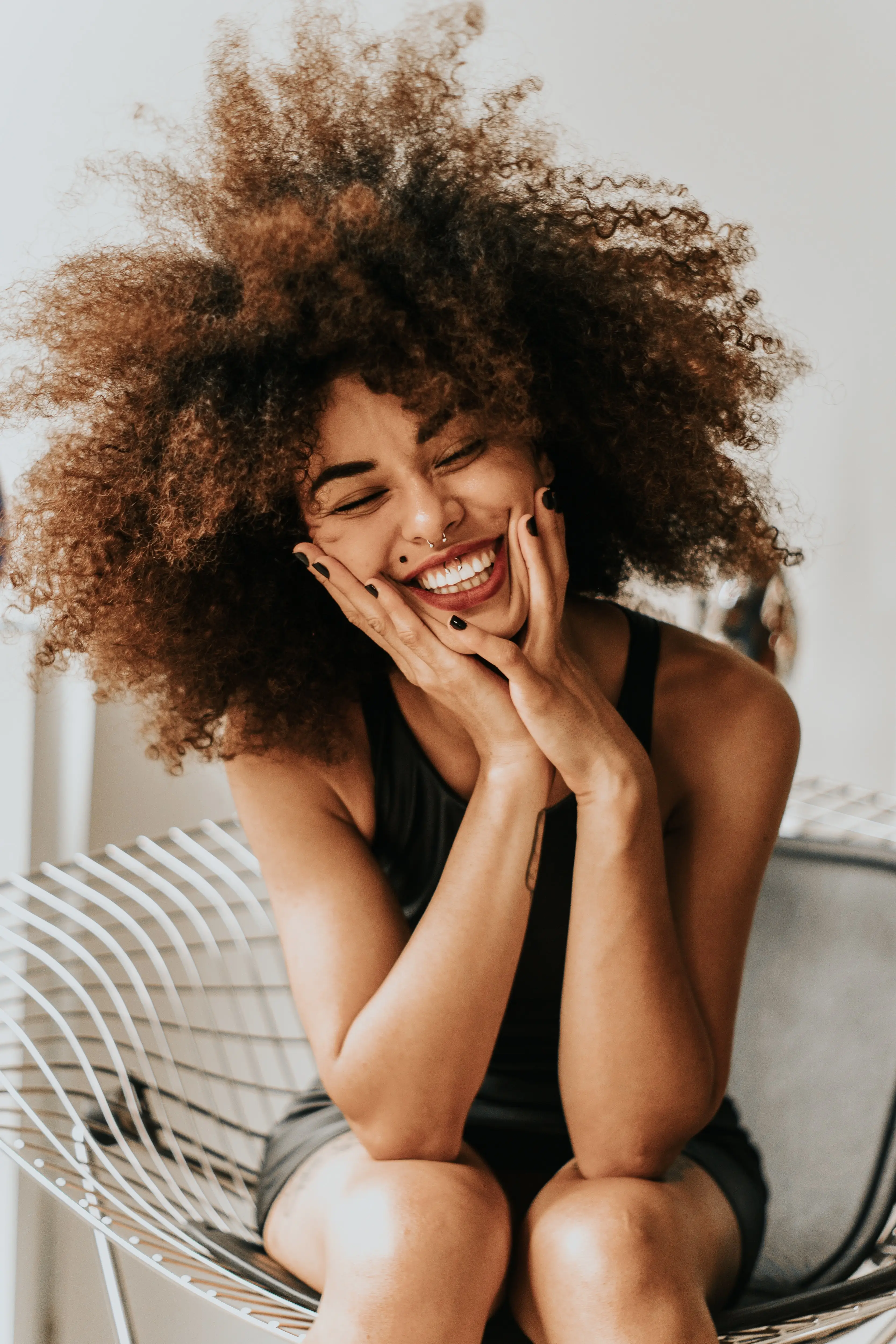
And last but never least, sleep - your sleep could be drastically improved by banishing caffeine from your daily routine.
Even if you have a coffee at midday, PhD Michael A Grandner tells EatingWell it could still cause you to have a disruptive and restless night's sleep because the caffeine lasts in your body for hours.
So, maybe it's time to take the plunge, bid farewell to coffee and live a caffeine-free life? I would, but I'm currently half-way through a Diet Coke and it would be a shame to waste it.
Topics: Food And Drink, Health, Mental Health, Sleep